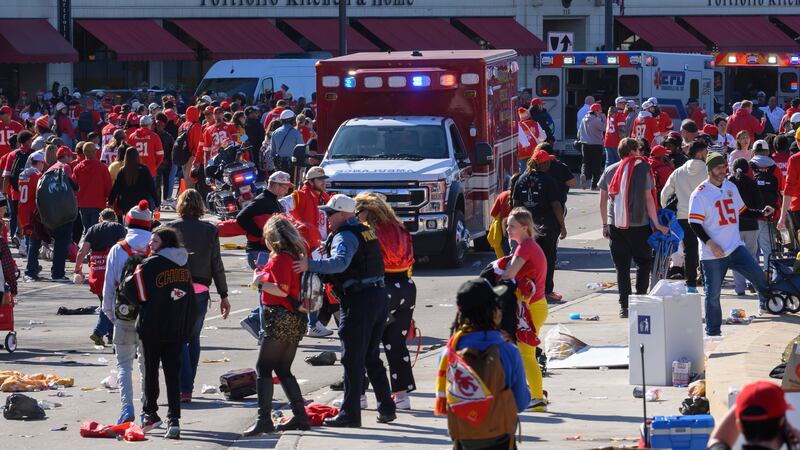India and Canada Locked in Diplomatic Spat Over Sikh Leader’s Murder
Memories of the turbulent decade-long armed Sikh insurgency in India, particularly during its peak in the 1980s, continue to resonate strongly in the country’s collective memory. This period, marked by thousands of casualties, still casts a long shadow over the nation’s history. Therefore, when Canadian Prime Minister Justin Trudeau recently accused Delhi of potential involvement in the murder of a prominent Canadian Sikh leader, Hardeep Singh Nijjar, it triggered a wave of anger and disbelief in India.
Trudeau’s Accusations
Justin Trudeau claimed that Canadian intelligence was investigating “credible allegations potentially linking” the Indian state to the murder of Hardeep Singh Nijjar, a well-known advocate for a separate Sikh homeland. Nijjar was fatally shot on June 18 in British Columbia (BC). However, India swiftly rejected these allegations, deeming them “absurd.”
As Delhi and Ottawa find themselves embroiled in their most significant diplomatic dispute to date, Indian analysts, political commentators, and leaders have taken to social media to voice their opinions.
Social Media Erupts
Social media platforms in India have been ablaze with discussions about Canada, Justin Trudeau, and the late Hardeep Singh Nijjar. Some Indian users have hailed Delhi’s response to Canada, describing it as a “befitting reply.” Others believe the Indian government has firmly “put Trudeau in his place.” Indian news outlets have also jumped on the bandwagon with headlines portraying India’s “savage reply” to Canada.
Cross-Party Support
Even India’s main opposition party, the Congress party, which has often clashed with the government, has extended its support in this matter. They emphasized the importance of not compromising in India’s fight against terrorism, especially when it threatens the nation’s sovereignty and unity.
The Tragic Incident
Hardeep Singh Nijjar, a prominent Sikh separatist leader, met a tragic end when two masked gunmen shot him in his vehicle in the busy car park of the Guru Nanak Sikh Gurdwara in Surrey, a city near Vancouver. Delhi had previously labeled him a terrorist and leader of a militant separatist group but has consistently denied any involvement in his murder.
Tensions Escalate
Analysts believe that Trudeau’s accusations may further strain relations between Canada and India. While the two nations are considered friends, Trudeau’s alleged political affiliations with Sikh radicals in Canada have created friction.
Critical Voices
Prominent commentator Bhrama Chellaney pointed out that Trudeau’s actions had strained bilateral ties and suggested that his association with Sikh radicals was the primary cause of concern.
Smita Prakash of the Asian News International (ANI) questioned Trudeau’s approach, stating that by blaming India for Nijjar’s death, he had already influenced the investigation and judicial process, presenting his bias from a position of power.
Turbulent Relations
The diplomatic clash adds to a series of recent strains in Canada-India relations. Trudeau’s meeting with Indian PM Narendra Modi at the G20 summit was described as “frosty,” and trade talks between the two countries were canceled. Furthermore, Trudeau’s extended stay in Delhi due to aircraft issues garnered local media attention, portraying his trip as “disastrous” and “snubbed.”
The clash between India and Canada continues to evolve, highlighting the complex interplay of international relations, historical sensitivities, and political affiliations.
Image Source: Google











